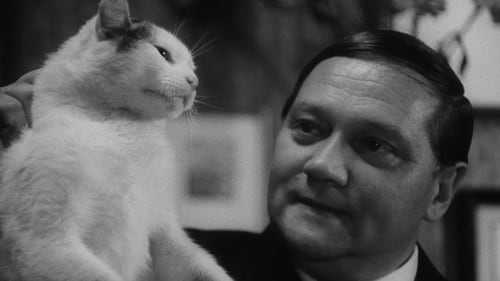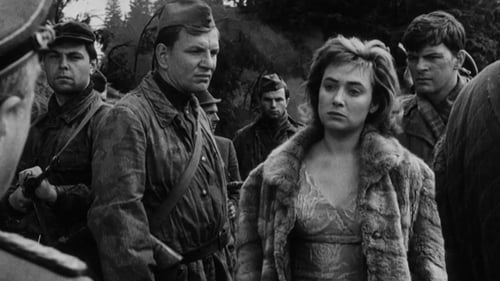
주인공은 부족함 없는 부르주아적 생활을 영위하고 있는 중산 계급 시민이다. 언제나 ‘우리는 행복한 가족’이라 말하고 아내를 포함한 식구들에게 ‘천사’라고 부르는 그는 얼핏 보기에 마음씨 좋고 너그러운 가장으로 보인다. 하지만 곧 그는 편협한 나치 이데올로기에 물들어 유대인에 대한 살인과 밀고를 서슴지 않는 부역자로 변한다. 사람들 앞에서도 스스럼없이 그 생각들을 강요하기도 한다. ‘이 세상은 얼마나 아름다운가’ 혹은 ‘크리스마스는 삶에 있어 가장 행복한 시간’이라고 읊조리는 그에게 그것에 어울리지 않는 것들은 제거돼야 마땅한 것이다. 너무나 평안한 얼굴로 교수형을 집행하기도 하는 그는 이데올로기가 낳은 희생자나 다름없다.

Kalendová
A story about a group of countryside children and their pony.

Jozina's mother
Pavel is a Czech partisan fighter in the waning days of the war. Just as peace is declared, Pavel is shot in the spine and sent to the hospital emergency ward. As he fades in and out of consciousness, he recalls the events that led to his participation in the underground. Holding German occupation commander Engelchen responsible for all the horrors and deprivations heaped upon his comrades, Pavel is kept alive by the possibility of recovering and exacting vengeance upon the Nazi officer - no matter how long it takes.

Posvárová

It's very human and nice story about lofty princess (her father is amiable but incapable - unforgettable performance of S. Neumann) and good, nice, kind and well-principled young king (prince) who tries to make tender her calm heart to get married with her. After being refused (she's very capricious), he conclude to make her better. He start to work as a gardener at her castle (in secret) and successively bring she to her senses...The story continues when already reformed princess and the young king (she learn about his real identity later) have to take refuge from troops, that princess father (old king) has sent (of course he took a bad and mean counsellors advice). They have to take shelter by several ordinary and poor families, which are always very friendly and give them a help... Of course the tale has happy end.


